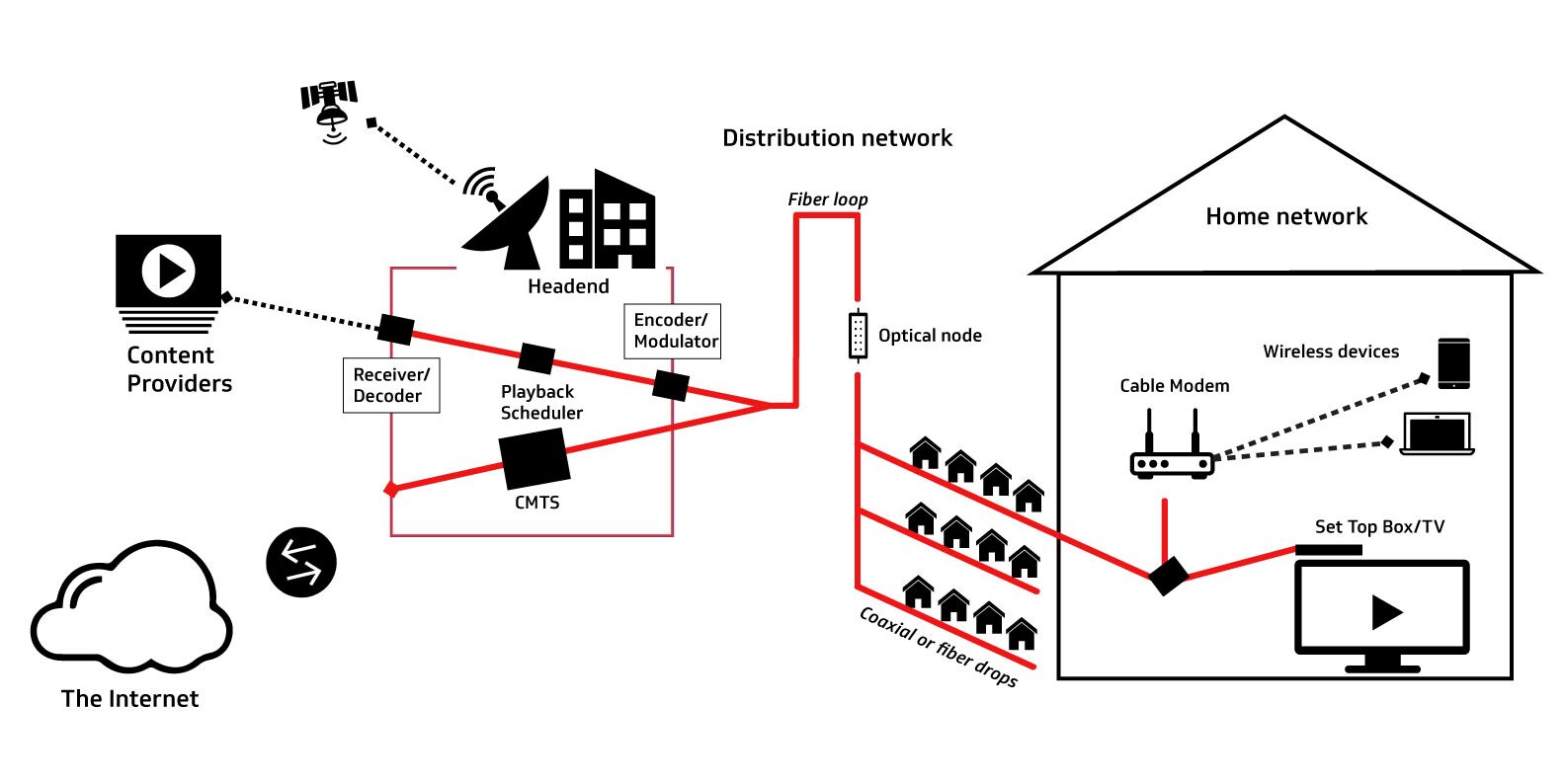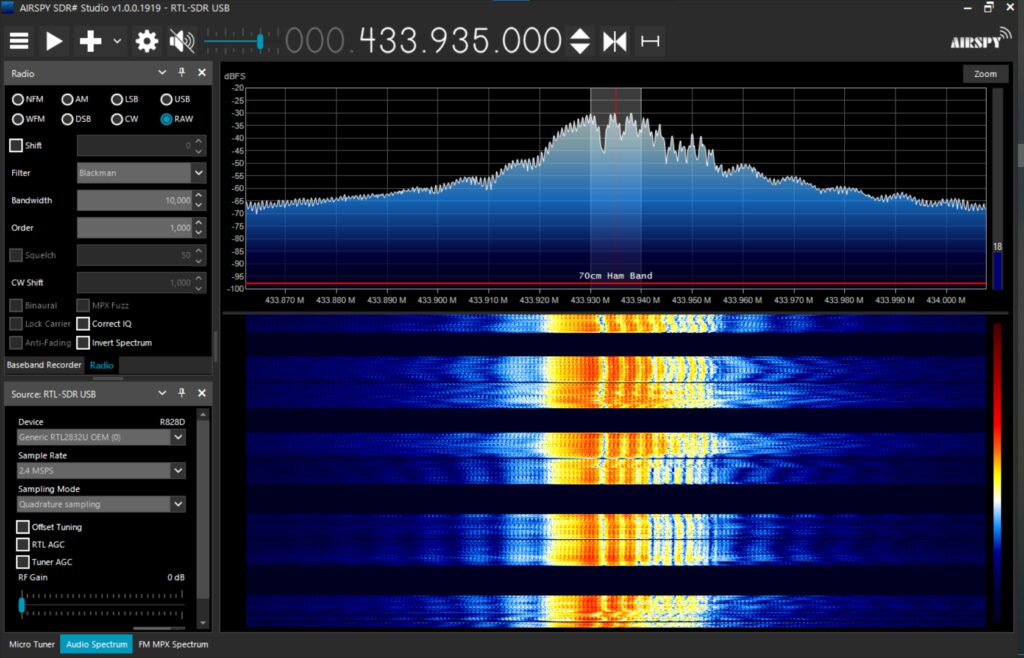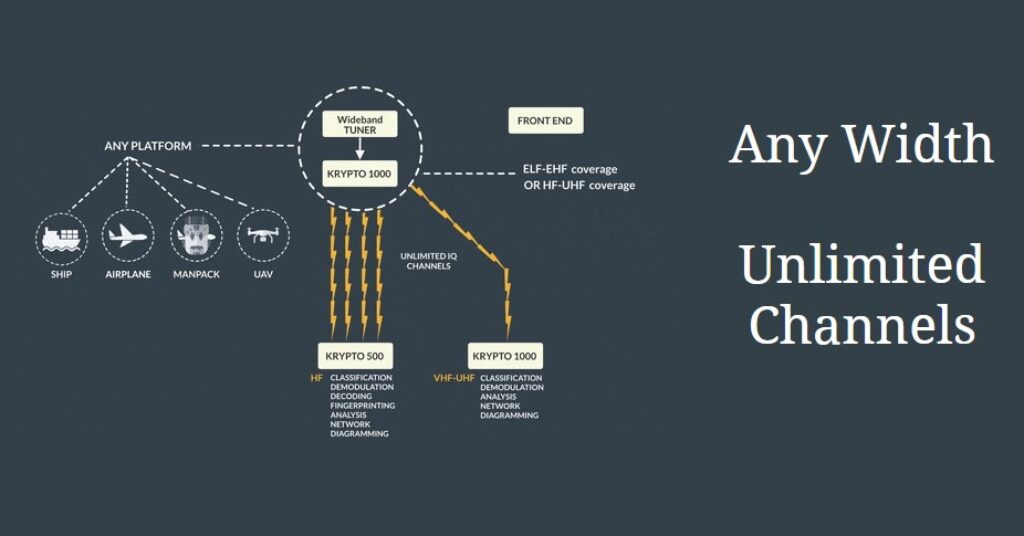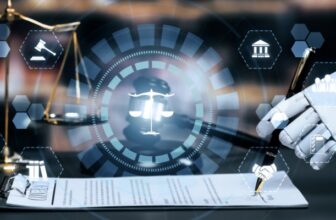
In the world of data encryption and security, signal decoders play a critical role. A signal decoder works to unlock encoded data, converting encrypted or scrambled signals into their original forms. This capability proves vital in security systems, ensuring data integrity, communication confidentiality, and preventing unauthorized access.
Table of Contents
Key Points:
- Signal decoders ensure communication confidentiality and secure data transfer.
- They are used to prevent unauthorized access to sensitive information.
- Signal decoders convert scrambled data into readable forms for legitimate users.
- They are integrated into both military and civilian encryption systems.
- Signal decoders are essential for protecting information in secure environments.
The Role of Signal Decoders in Encryption Systems
Data encryption relies heavily on signal decoders to function properly. Without decoders, encrypted signals would remain inaccessible, leaving communication unintelligible to intended parties. For instance, the Krypto1000, a robust signal decoder suite, supports various SIGINT systems. It specializes in decoding VHF-SHF and satellite digital signals. This allows for the analysis and decoding of secure communication in complex environments. With this kind of technology, both governments and businesses protect their data during transmission.
I recall an instance when I researched how encrypted military communications are safeguarded, and the importance of signal decoders was glaring. Without these systems in place, the risk of intercepted, confidential data reaching the wrong hands multiplies significantly.
Protecting Sensitive Data with Decoders
Signal decoders are often implemented in environments where data encryption is mandatory. Sensitive data such as financial information, medical records, or classified communications need strong encryption, which is then only accessible to the rightful recipients. In corporate environments, signal decoders ensure that only authorized personnel can access secure communications.
Signal Decoders in Military Applications
In military operations, secure communication is paramount. Signal decoders are central to maintaining the confidentiality of military strategies, personnel movements, and other critical data. These decoders help in converting encrypted signals into intelligible information for authorized military units. Without signal decoders, crucial military operations could be compromised, leaving sensitive data vulnerable to adversaries.
Signal decoders are part of daily operations. Their use ensures that communications, which are often intercepted by enemies, remain encrypted and unusable. This makes it clear how essential decoders are in national security efforts.
Signal Decoders in Satellite Communications
Satellite communication is another area where signal decoders hold immense value. Since satellites often transmit sensitive data over large distances, their communication requires robust encryption. Decoders help convert the encrypted satellite signals back into their readable form. Signal decoders like the Krypto1000 are particularly useful here, ensuring secure communication for both military and civilian satellite transmissions.
During my research into satellite technologies, I learned that satellites transmit information that can be easily intercepted. With proper decoding tools, unauthorized access is nearly impossible, ensuring that the transmitted data remains secure.
Ensuring Secure Networks with Signal Decoders

Source: reddit.com
Signal decoders also serve as key components in maintaining secure network infrastructure. Businesses that transmit encrypted data over networks use decoders to maintain security. From financial institutions to healthcare providers, decryptors ensure that sensitive information remains accessible only to authorized individuals.
Table: Comparison of Signal Decoder Applications
| Application Area | Main Purpose | Example Usage |
| Military Communication | Protects military strategies and personnel information | Encrypted battle orders |
| Satellite Communication | Converts satellite signals into readable data | Weather forecasting systems |
| Financial Transactions | Ensures secure transmission of financial data | Online banking transactions |
| Healthcare Systems | Protects sensitive patient records | Electronic medical record systems |
| Corporate Networks | Secures internal business communications | Confidential employee email exchanges |
FAQ
How do signal decoders enhance security?
They ensure that encrypted communications and data transfers remain confidential and protected from unauthorized access.
Why are signal decoders important in military operations?
They protect sensitive military communications from being intercepted and used by unauthorized individuals or enemies.
Can signal decoders be used for satellite communications?
Yes, they are essential in decoding encrypted satellite transmissions to ensure secure communication.
What industries use signal decoders?
Signal decryptors are used in various industries, including finance, healthcare, military, and satellite communications.
Signal decryptors continue to be vital components in secure communication systems, protecting both sensitive data and ensuring that only authorized parties have access to critical information. Whether in military applications or corporate environments, the role of the decoder remains indispensable in safeguarding modern communications.








